News from Ørecomm Researchers
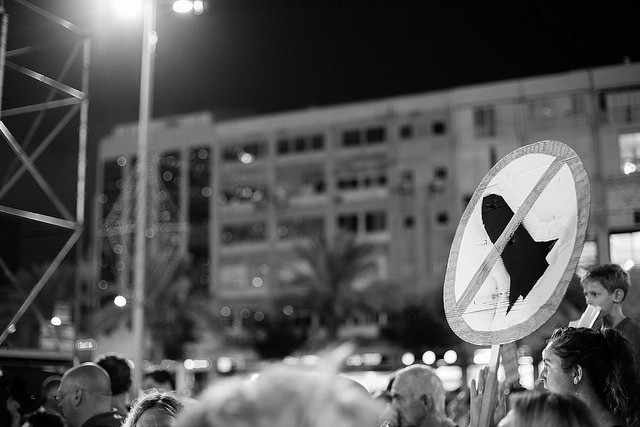
This week in research and news feed from Ørecomm members: How to erase walls of academia and, most importantly, what for? Why can social media activism escalate violence? Lastly, in what way is the relationship between peace, conflict and academic writing changing?
As violence in Israel escalates, Michael Krona, a Senior Lecturer in Media- and Communication Studies and Visual Communication at Malmö University, studies how violent clashes are reflected in social media and supported by visual content. He claims that technology and social media activism are used much more strategically than 10 years ago and thus development of the Israeli-Palestinian conflict could be foreseen by researchers.
Continuing on the question of conflict and peace, we have a look at the forthcoming issue of Peacebuilding, for which Ørecomm researcher Tobias Denskus and Nikolas Kosmatopoulos wrote an article. Anthropology and Peacebuilding: An Introduction looks at development of anthropology and peacebuilding duo throughout the cold war, in the New World Order and during the War on Terror. With these historical perspectives as well as cases from Afghanistan, Nothern Ireland and India-Pakistan one could draw conclusions on why peacebuilding is “a formidable challenge to anthropology”.
Knowledge Sharing & Academia
If researchers do study the case, let it be peace & conflict or anything else, they are not always willing though to expose themselves with it. “How can we communicate research in a more efficient way?” asks Michael Krona in his blog. He raises a pivotal question of bridging academia not only with practice, but with attention of general public as well. Being visible as a researcher gives a chance for knowledge to reach beyond journals and academic conferences and have more coverage.
“I believe for the general public, academic research is a rather remote business taking place in a different world so to speak, and if there is anything that directly concerns society, the news will surely tell. But maybe we as researchers can contribute to bridge this by exposing ourselves in somewhat unfamiliar territories,” writes Michael Krona.
Image via Flickr
 New PhD opportunities at the University of Leicester
New PhD opportunities at the University of Leicester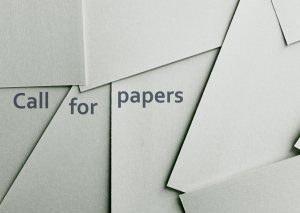 Call for Abstracts: New Directions in Media, Communication and Sociology (NDiMS) Conference
Call for Abstracts: New Directions in Media, Communication and Sociology (NDiMS) Conference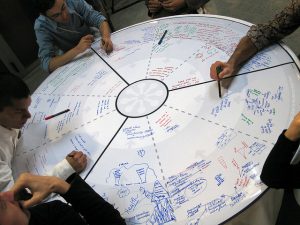 Ørecomm Team to Gather at the University of Coimbra
Ørecomm Team to Gather at the University of Coimbra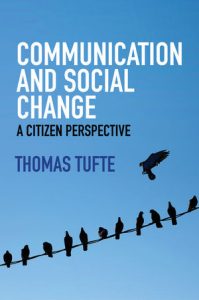 “Communication and Social Change – A Citizen Perspective” Published
“Communication and Social Change – A Citizen Perspective” Published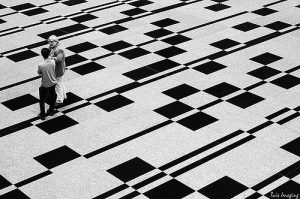 C4D Network to Sum Up Global Communication for Development Practice
C4D Network to Sum Up Global Communication for Development Practice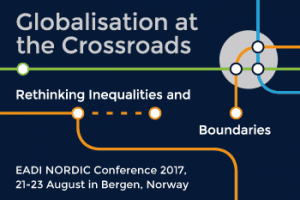 Entering Media and Communication into Development Conferences?
Entering Media and Communication into Development Conferences?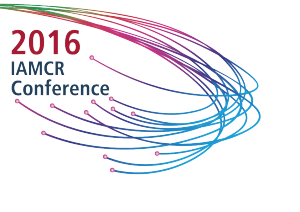 IAMCR Conference 2016: Communication for Development Highlights
IAMCR Conference 2016: Communication for Development Highlights Glocal Classroom Revisited – Storytelling & Social Change Leicester-Malmö
Glocal Classroom Revisited – Storytelling & Social Change Leicester-Malmö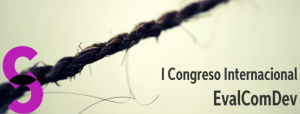 I EvalComDev International Conference: Call for Papers
I EvalComDev International Conference: Call for Papers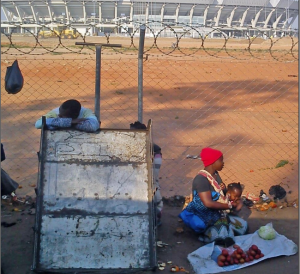 Looking for Media and Communication in Development Conferences: Devres 2016
Looking for Media and Communication in Development Conferences: Devres 2016